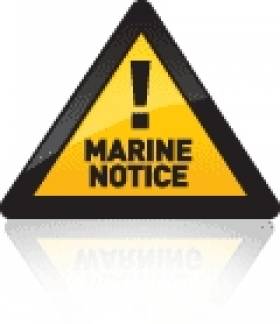Displaying items by tag: Product Safety Recall
Product Safety Recall Notice for Paroc Deck and Bulkhead Insulation
The Department of Transport advises that the manufacturer Paroc Group Oy, a subsidiary of Owens Corning, has issued a product safety recall for certain forms of deck and bulkhead insulation that it produces.
This recall follows independent testing where it was found that the products failed to meet the requirements for the respective Marine Equipment Directive 2014/90/EU (MED) fire integrity tests.
It is understood that the supply of these products in newbuild ships in Ireland has been limited but it is possible that it may have been installed by third-party suppliers for repair and modification purposes.
If you have non-installed stock of Paroc Marine’s Navis Mat, Navis Slab and Navis Wired Mat insulation products, as detailed in Marine Notice No 72 of 2023 attached below, please inform Paroc as soon as possible.
If any such product is installed on board a vessel, the supplier should be contacted and a remedial action plan agreed with the Marine Survey Office as a matter of urgency.
Any queries in relation to this Marine Notice should be addressed to [email protected].
#epirb – The Department of Transport, Tourism and Sport advises it has been informed that Standard Communications Pty Ltd, the manufacturer of GME EPIRBs, have issued a Product Safety Recall of the following affected EPIRB units:
GME MT400/MT401/MT403 EPIRBs with serial numbers between 50101000 and 80250722.
For further information please see the attached notice below.






























































